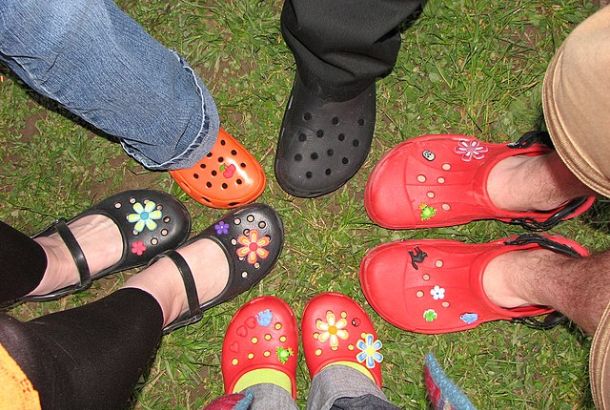Fashion Player of the Week: Stella Mccartney, an ethical pioneer.
By Nicole Lloyd

Stella McCartney understands that ethical fashion is highly important in our socially aware climate. Due to this awareness of the need for sustainability, the brand is our ethical pioneer of today. According to Stella, “Man-made constructed environments are disconnected”. Therefore, she has tried to do something about this through her clothing by tackling social, environmental and commercial issues. Stella McCartney is our ‘fashion player of the week’, as it’s the first 100% vegetarian, 0% animal cruelty free fashion brand. The brand also does this by using leather alternatives in their collections.
Before you go high-street shopping, do you think about the impact that ‘fast fashion’ has on the environment? Maybe you didn’t know, but the industry’s focus on speed and low cost has a devastating impact on our environment. This process’s negative environmental impact includes the production of toxic chemicals, textile waste and water pollution. This is because the pressure to reduce costs and lead time means that environmental efficiency is always cut.
Many people aren’t conscious of the impacts of ‘fast fashion’ because many people don’t understand the scale of the issue. Certain appealing features of garments such as vibrant colours, prints and fabric finishes are achieved using toxic chemicals. Textile dyeing is the second largest polluter of clean water globally, after agriculture. The most popular fabric used for fashion is polyester. However microfibres that pollute our water and eventually our oceans are shed when polyester clothes are put in the washing machine.
Now it’s not necessary to completely boycott the fashion industry, but instead we should be more aware of the brands who are unethical in their processes and those brands who move with integrity. Some of our favourite high fashion brands are becoming more sustainable, for instance H&M in 2013, launched a garment collection movement which allows customers to hand in unwanted clothing and materials as well as their annual ‘Conscious’ collection of clothing. Inditex – the parent company of Zara also welcomes shoppers to drop off their old clothing to be recycled.
The theme of sustainability and the trend of vintage and reworked clothing used by fashion giants in big campaigns, works to be induce more conscious consumption by customers. It has also inspired me personally to create my own clothing brand called neunoir.customs. Reworked clothing bought from thrift shops which is then customised and resold is the concept of my brand. This process in turn works against damaging patterns of fashion consumption. In a profit driven industry, it is nice to see that ethics and changes toward sustainability is starting to be the hottest trend, driven by brands like Stella Mcartney.







